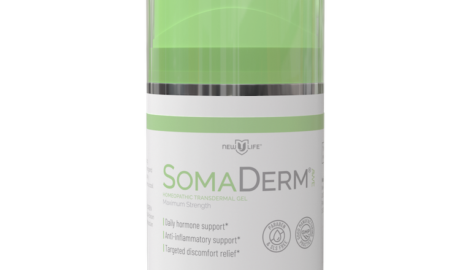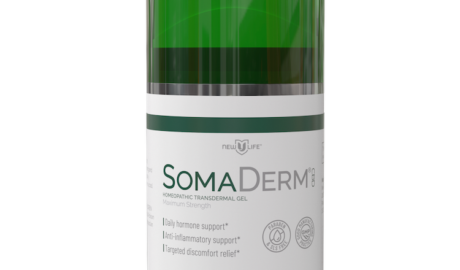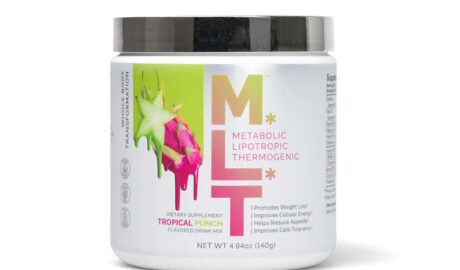Influenza cases have been surging. RSV activity is “very high.” Signs of COVID have been mounting in sewer water, and norovirus, too, is spawning outbreaks like we haven’t seen for at least a dozen years. You might even say that America is in the midst of a “quad-demic,” although I really hope you don’t, because “quad-demic” is not a word that anyone should say.
With that in mind, here are The Atlantic’s tips and tricks for steering clear of any illness during this year’s terrible quad-demic. What are The Atlantic’s tips and tricks? They are soap.
Consider the norovirus, a real terror of a pathogen, just a couple dozen nanometers in length, with its invasive acids tucked inside a protein coat. Exposure to fewer than 100 particles of norovirus can leave you with several days’ worth of vomiting and diarrhea. Those particles are very, very hard to kill.
Douse them in a squirt of alcohol, and, chances are, they’ll come through just fine. One study looked at a spate of norovirus outbreaks at nursing homes in New England during the winter of 2006–07, and found that locations where staff made regular use of hand sanitizers were at much greater risk of experiencing an outbreak than others in the study. Why? Because those other nursing homes were equipped with something better.
They had soap.
Research finds that soap is good at cleaning things. At least 4,000 years of history suggest the same. Soap works because its structure mixes well with water on one end and with oils on the other. The latter, hydrophobic side can hook into, and then destroy, the membranes that surround some microbes (though norovirus isn’t one of them). Molecules of soap also cluster up in little balls that can surround and trap some germy grime before it’s flushed away beneath the tap. And soap, being sudsy, makes washing hands more fun.
Not everyone endorses washing hands. Pete Hegseth, whose good judgment will be judged today in his confirmation hearing for secretary of defense, once said that he hadn’t washed his hands in 10 years. He later said this was a joke. After that, he started hawking bars of soap shaped like grenades. The man who picked him is, of course, more than avid in his washing-up; Donald Trump is known to use his Irish Spring down to the sliver.
For all his love of soap, Trump also seems attached to hand sanitizer: His first administration kept Purell supplied just outside the Oval Office, per Politico. This would have helped keep him free of certain pathogens, but not all of them. When scientists compare different means of removing norovirus from fingertips, they find that none is all that good, and some are extra bad. Commercial hand sanitizers hardly work. The same is true for quaternary ammonium cations, also known as QACs or “quats,” which are found in many standard disinfecting products for the home. My local gym dispenses antiseptic wipes for cleaning the equipment; these are tissues soaked in benzalkonium chloride, a QAC. Quats may work for killing off the germs that lead to COVID or the flu, but studies hint they might be flat-out useless against norovirus.
The science of disinfecting stuff is subtle. And a lot of what we thought we knew about killing off norovirus has turned out to be misguided. It’s very hard to grow a norovirus in the lab, so for a while, scientists used another virus from the same family—feline calicivirus, which can give a cat a cold—as a stand-in for their experiments. This was not a good idea. “Feline calicivirus is a wimp compared to human norovirus,” Lee-Ann Jaykus, an expert on food virology at North Carolina State University, told me. Her work has shown, for example, that bleach works pretty well at disinfecting feline virus in the lab, and that the same is true for a mouse norovirus that is often used in these experiments. But when she and colleagues tested human-norovirus samples drawn from patients’ fecal specimens, the particles seemed far more resistant.
You know what works better than hand sanitizers or QACs at getting rid of actual human norovirus? I’ll bet you do! It’s soap.
Or maybe one should say, it’s washing up with soap. A letter published in The Journal of Hospital Infection in 2015 by a team of German hygienists followed up on earlier work comparing hand sanitizers with soap and water, and argued that the benefits of the latter were mechanical in nature, by which the hygienists meant that simply rubbing one’s hands together under running water could produce an analogous effect. (They also argued that some kinds of hand sanitizer can inactivate a norovirus in a way that soap and water can’t.) Jaykus’s team has also found that the hand-rubbing part of hand-washing contributes the lion’s share of disinfecting. “It’s not an inactivation step; it’s a removal step,” she told me. As for soap, its role may be secondary to that of all the rubbing and the water: “We use the soap to make your hands slippery,” Jaykus said. “It makes it easier to wash your hands, and it also loosens up any debris.”
This is faint praise for soap, but it’s hardly damning. If washing at the sink disinfects your hands, and soap facilitates that process, then great. And soap may even work in cases where the soap itself is grimy—a bathroom situation known (to me) as “the dirty-bar conundrum.” Some research finds that washing up with soap and contaminated water is beneficial too. Soap: It really works!
But only to a point. I asked Jaykus how she might proceed if she had a case of norovirus in her household. Would she wash her hands and wipe down surfaces with soap, or would she opt for something stronger?
She said that if her household were affected, she’d be sure to wash her hands, and she might try to do some cleaning with chlorine. But even so, she’d expect the worst to happen. Norovirus is so contagious, its chance of marching through a given house—especially one with kids—is very high. “I would pretty much call my boss and say I’m going to be out for four days,” Jaykus told me. “I’m sorry to say that I would give up.”
Maybe we should add that to our list of tips and tricks for getting by in January: soap, for sure, but also, when your time has come, cheerful acquiescence.
About the Author
Daniel EngberFollowDaniel Engber is a senior editor at The Atlantic.
More Stories
Ozempic Killed Diet and Exercise
Explore More TopicsCOVID-19, Donald Trump, Pete Hegseth





